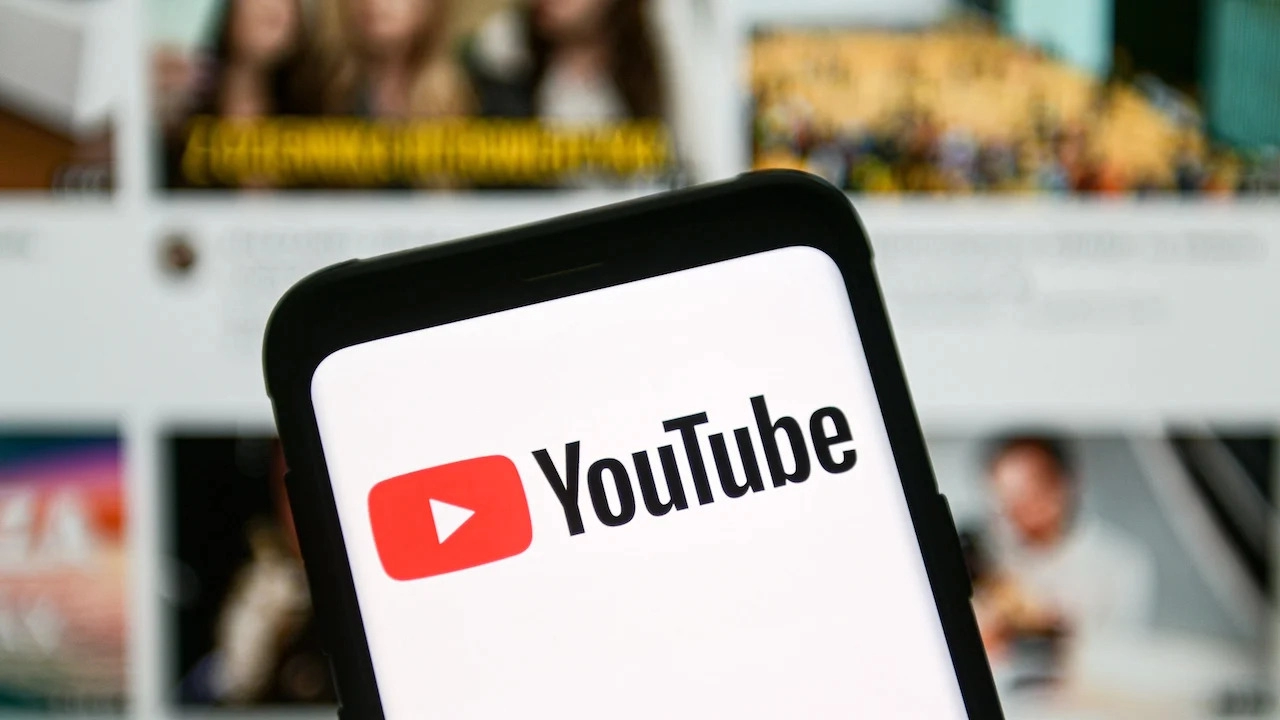Reasons Your YouTube Channel May Be Banned or Canceled
YouTube has tight rules that must be followed in order to maintain a channel, despite being one of the most popular platforms for content creators. A channel might be blocked or shut down if it violates these rules. The usual explanations for why this might happen are as follows:

1. Violations of copyright
YouTube has rigorous policies in place to safeguard rights holders and content creators. Content that you upload—such as pictures, videos, or music—that you do not own or are not authorized to use may be reported for violating copyright. Repeated offenses may result in strikes from YouTube, and if your channel receives three strikes in a 90-day period, it may be permanently banned.
2. Ignoring social conventions
Community guidelines are a set of rules that all YouTube creators must abide by. Avoiding sharing inappropriate content, such as obscene or harassing language or graphic, violent images, is one of them. For instance, your channel may come under attack if it posts videos that encourage violence or disseminate false information about important subjects like health. A complete ban might result from persistent violations.
3. Insincere Engagement
Buying fake views, comments, subscribers, or likes is forbidden on YouTube. It's considered a manipulative technique to inflate your channel's performance, and YouTube detects these kinds of activities with automated systems. If a channel is found to be engaging in these activities, it could be banned for trying to manipulate the platform.
4. Deceptive Information
Clickbait refers to deceptive titles, thumbnails, or tags that aren't relevant to the content of the video and are used by some creators in an attempt to increase views. Due to the negative impact on user experience, YouTube takes action against these channels. The channel may be subject to fines and even a ban if this behavior persists.
5. Violations of AdSense and Monetization
Channels that wish to monetize their YouTube channel through ad sales must abide by Google AdSense guidelines. Ads on inappropriate content, click fraud (where advertisers encourage users to click on their ads), and deceptive ad practices are examples of violations that can result in demonetization or even channel suspension.
Conclusion
YouTube enforces strict policies for the safety and fairness of both creators and viewers. When community standards, copyright, phony engagement, deceptive content, or monetization are broken, there can be consequences, such as channel closure and strikes. Keep in mind that in order to prevent having their channels banned, creators are responsible for making sure their content complies with YouTube's policies. Adhering to these rules helps a channel achieve long-term success on the platform and keeps it safe from suspension.